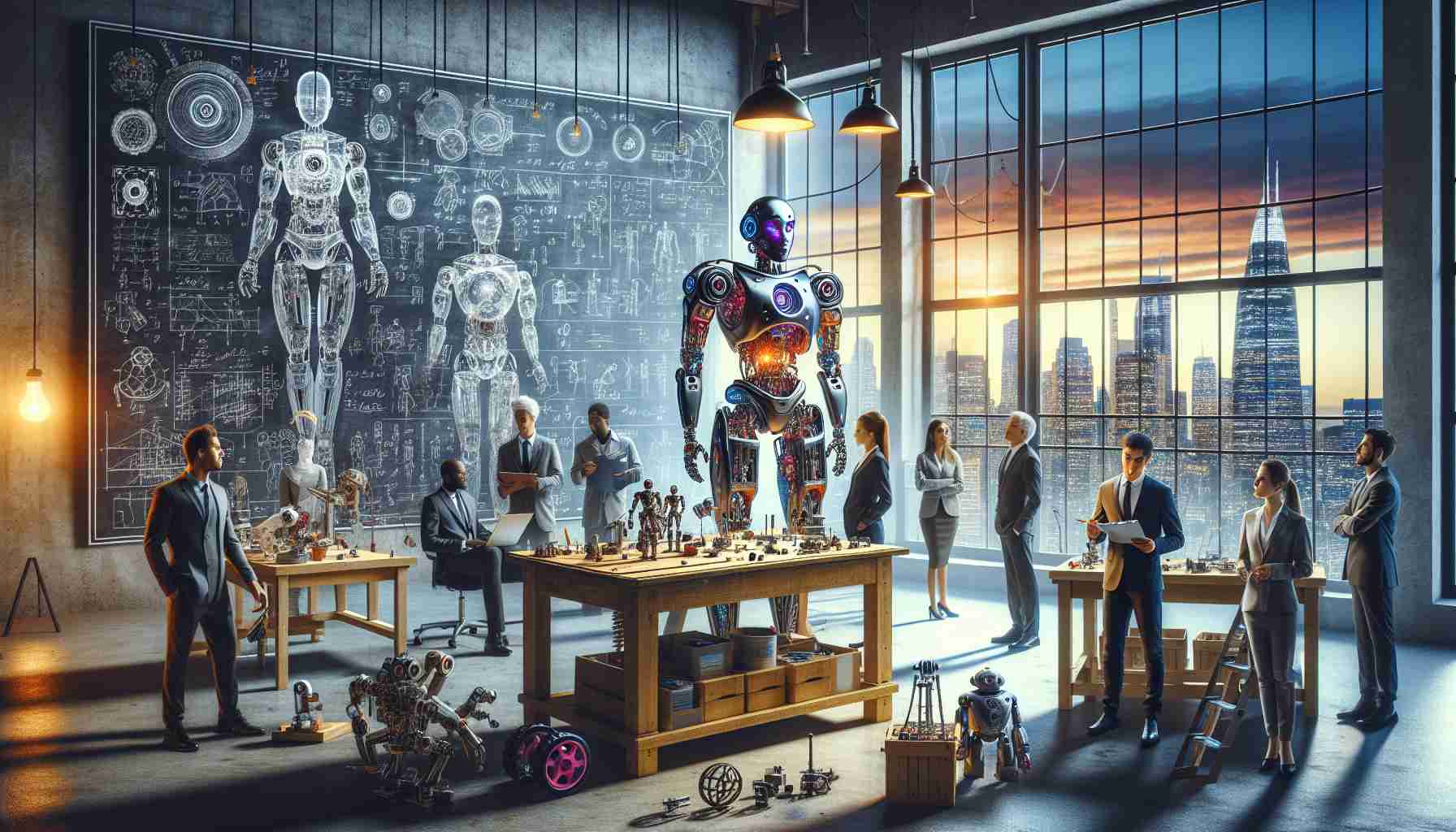Robotics engineering is an interdisciplinary field that blends mechanical, electrical, and computer engineering to design, construct, and operate robots. These advanced machines are created to perform tasks autonomously or semi-autonomously, often completing duties repetitive, strenuous, or hazardous to humans.
At the core of robotics engineering is the desire to develop systems that can perceive their environment, make decisions, and execute intricate movements akin to human capabilities. This field leverages innovations in artificial intelligence, sensor technologies, and materials science to push the boundaries of what robots can achieve. From intricate surgical assistants in the medical field to robust autonomous vehicles in the transportation sector, robotics engineering ensures these machines enhance efficiency and improve safety.
One of the main focus areas in robotics engineering is the creation of intelligent machines capable of learning from their surroundings. Machine learning and neural networks enable robots to adapt their actions based on input data, enabling them to work more collaboratively alongside humans and other machines.
The rise of Industry 4.0 and the Internet of Things (IoT) has further accelerated the integration of robotics in various sectors, making it clear that robotics engineering is not just a cutting-edge field but a critical component of future technological development. As the demand for innovative solutions grows, the scope and need for skilled robotics engineers are likely to expand. Embracing robotics engineering might just hold the key to unlocking new levels of productivity and creativity in our ever-evolving world.
The Unseen Impact: How Robotics Engineering is Shaping Our Future
Robotics engineering isn’t just about designing and building robots—its profound effects ripple out to revolutionize entire industries and redefine the nature of human work. While it’s well-known that robots can handle repetitive or hazardous tasks, what about their unexplored benefits and the controversies surrounding them?
One compelling impact of robotics engineering is its role in transforming education. Beyond teaching students the fundamentals of technology, robotic kits are now being integrated into classrooms to enhance problem-solving skills and foster creativity in younger generations. This educational shift is preparing students for a future where tech literacy is as crucial as traditional subjects, influencing job markets and career paths globally.
In agriculture, robotics promises to revolutionize food production, tackling labor shortages, and boosting yield efficiencies. Autonomous drones and farming bots can monitor crop health, manage pest control, and perform planting tasks with precision. This technological leap not only increases productivity but also raises ethical concerns regarding unemployment and rural communities’ dependency on technology.
Controversially, military sectors leverage robotics for developing drones and autonomous weaponry, spurring debates about the ethics and regulations of robot authority in combat scenarios. What are the implications of a future where decisions in warfare could be driven by machines?
What exactly is robotics engineering? At its heart, it’s a multidisciplinary challenge requiring knowledge of various engineering branches and computational skills. This complexity heralds not only potential but also calls for discussions around safety standards and moral guidelines.
For further exploration on the future of robotics, visit Robotics Online for insightful resources and developments in this ever-evolving field.








